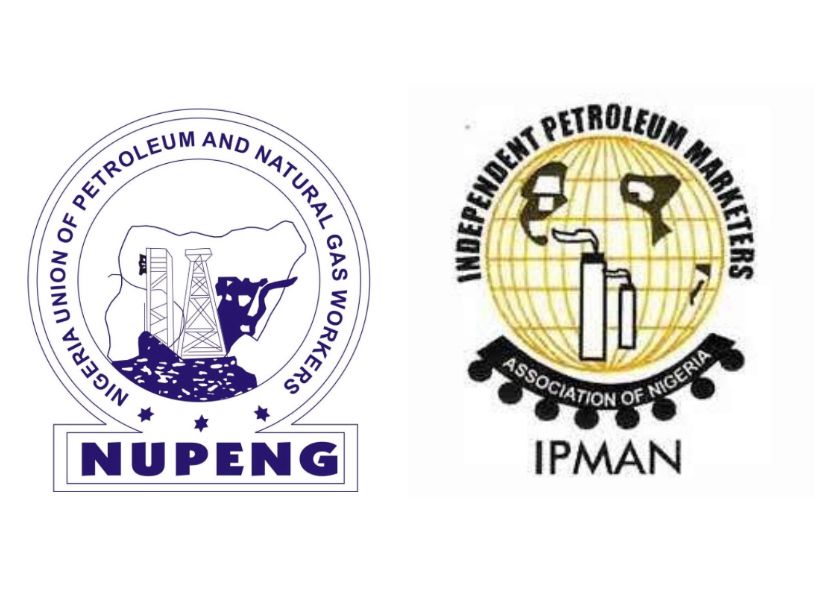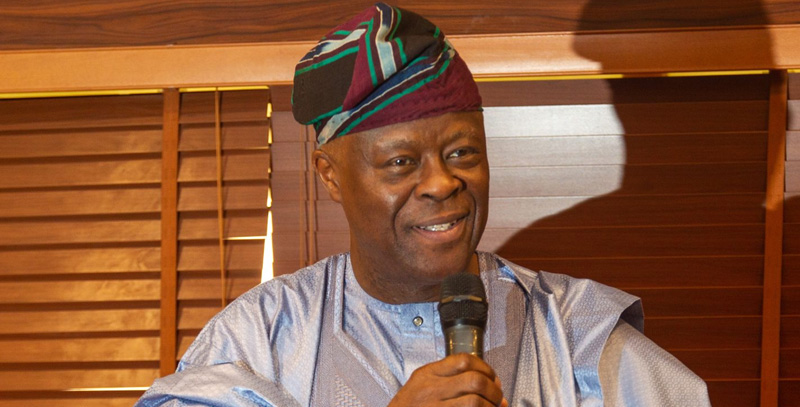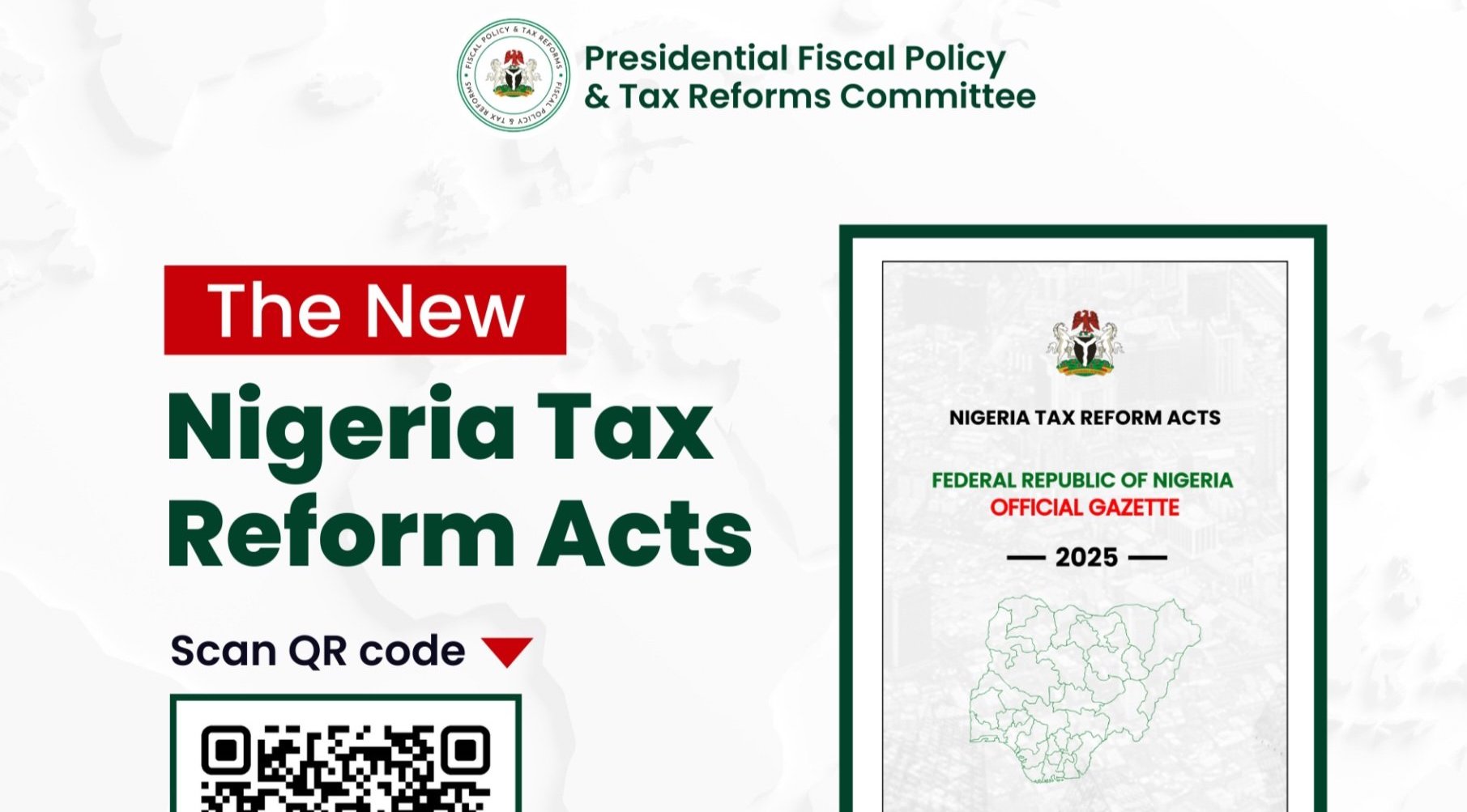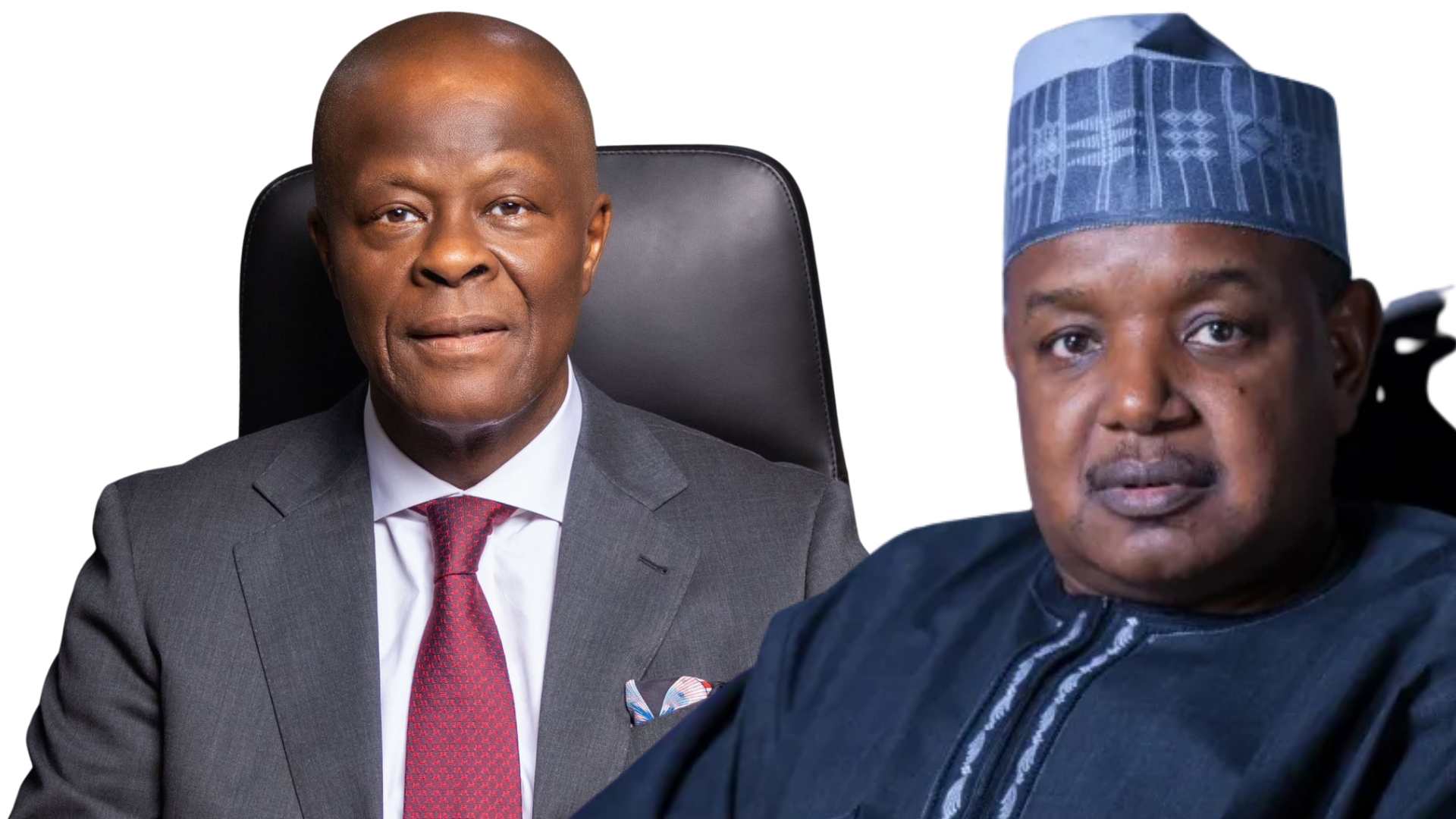•Mark is pro tem national chair, Aregbesola secretary, Bolaji Abdullahi spokesperson
•Prominent PDP leaders urge members to join movement, say party, APC have failed Nigeria
•Declare nation a diminished country, embarrassment on world stage
Chuks Okocha in Abuja
In what looks like the first major breakthrough in the efforts of the opposition coalition to wrest power from the ruling All Progressives Congress (APC) in 2027, the movement, late last night, formally adopted African Democratic Congress (ADC) as its official political platform for the 2027 elections.
The coalition concluded plans to unveil the party today at a ceremony in Abuja, where it intended to make public the interim leaders and members of the party.
Already, upon the adoption of ADC, the coalition appointed former Senate President David Mark as its national chairman and former governor of Osun State and immediate past Minister of Interior, Rauf Aregbesola, as national secretary, while former Minister of Sports, Bolaji Abdullahi, was made spokesperson of the party.
Some prominent leaders of Peoples Democratic Party (PDP) called on other members of the party to join the coalition ahead of the 2027 election.
Former Vice President, Atiku Abubakar; mark; former Jigawa State Governor, Sule Lamido; former Minister of Foreign Affairs, Tom Ikimi; former Nigeria’s Ambassador to China, Aminu Wali; and former National Chairman of PDP, Uche Secondus, were among the party’s leaders, who called for a rethink of the current political situation.
They contended that both the opposition PDP and the ruling APC had failed Nigeria and Nigerians.
Nonetheless, after a marathon meeting, which ended a few minutes past midnight, the coalition crossed a major hurdle in its quest to play a major role in the 2027 general election and its resolve to upstage the ruling APC.
The coalition had earlier indicated interest in registering a new party, All Democratic Alliance (ADA), after initial talks with ADC and Social Democratic Party (SDP) had broken down. But when it seemed like the Independent National Electoral Commission (INEC) was going to frustrate a new registration effort, it re-strategised and resumed talks with ADC.
While ADC is believed to share very strong affiliation with a former president (name withheld), the renewed talks with the original owners of the party seemed to have yielded some good, resulting in the eventual adoption of the party and the unveiling billed to hold at 2pm today.
Aregbesola was said to have initially turned down the nomination after someone believed to be close to him allegedly asked him not to accept it. But after much pressure, he eventually agreed to work with the coalition.
Accepting his appointment as national secretary, Aregbesola said, “It is with deep humility, profound sense of duty and unwavering hope for our people, nation, race and party that I accept the appointment as the national secretary of our great party.”
He spoke further, “Let me begin by saying this: a political party is not a platform for opportunism. It is not a mere vehicle to power for the few, not a tool for personal ambition. A political party, in its truest form, is a living institution built on values, guided by ideals and accountable to the people it seeks to serve.
“Throughout Africa’s history and, particularly, in the legacy of the African National Congress (ANC) of South Africa – a 113 year-behemoth of party organisation that is impeccable in its credibility as a model of supremacy of party over its creation (government and popularly elected officials), (we have) seen what a party grounded in ideology, principle and people-centred struggle can achieve.
“The ANC is not perfect but it stands for something. It was forged in resistance, sharpened by vision and led by men and women who believe in justice, dignity, equality, inclusivity of all interests and true freedom. It has character. It has soul. It is, therefore, a true platform for the expression of their aspirations.
“Sadly, in Nigeria today, we cannot say the same about many of our political parties. Our political landscape is plagued by parties that lack ideological depth. They are empty shells, merging and splitting, not over policy or principle, but over power and personality. There is little regard for the people and even less for the country.
“That is not the kind of party we must be. That is not the kind of party I will serve. As the national secretary, I will work to build a party that has a clear ideological compass; a party that is absolutely committed to the people, rooted in democratic values, rule of law, social justice, accountability, transparency, and national development.
“A party that listens and works for the people, not only during elections, but every single day. We must become an institution where internal democracy is not just preached but practised; intra-party competition is transparent, fair and just; all party structures from the ward to the national level function effectively and efficiently; young people, women, and the marginalised have a real voice, not symbolic inclusion.”
Aregbesola said, “All special and critical interests – security, educators, farmers, workers, women, youth, professionals, people with special needs, etc – must be recognised and allowed to have autonomous structures within the party.”
According to the former governor, “We will model international best practices in party organisation, administration and ethics. We will study what works, from South Africa to Sweden, from Chile to Kenya, and adapt what fits our local reality. Discipline, order, clarity of purpose and service to the people must define us.
“We must be the party that talks about public education and actually builds schools. That speaks of security and supports real policies to keep our communities safe. That believes in jobs and works to create them. That stands for Nigeria, not just during elections but in everyday governance. This is not an easy task. It will take time. It will demand sacrifice.
“But it can be done.”
Earlier, in a communique by the PDP stalwarts, who operated under the auspices of Concerned Leaders of the PDP, signed by Mark, the group said, “The meeting encourages all well-meaning PDP members and other patriotic Nigerians to join the coalition.
“All coalition partners must be united on the issues of national unity, democracy, national security, national economy, and the political will to stamp out corruption embedded in our institutions.
“The coalition partners to work out the modalities of winning all elections taking into consideration local and national peculiarities.”
Other PDP leaders, who attended the meeting, were a former governor of Cross River State, Lylel Imoke; former governor of Niger State, Babangida Aliyu; former governor of Ebonyi State, Sam Egwu; former governor of Sokoto, Aminu Tambuwal; and former governor of Benue State, Gabriel Suswam.
Also at the meeting were former Minister of Police Affairs, Adamu Maina Waziri; Senator Tunde Ogbeha; Senator Ben Obi; Mrs. Josephine Anenih; former PDP National Financial Secretary, Abdullahi Maibasira; former PDP National Publicity Secretary, Kola Ologbondiyan; Senator Abdul Ninge; and former National Organising Secretary, Senator Austin Akobundu.
According to the communique, “The meeting of Concerned Leaders of our great Party PDP was called to discuss the disturbing condition the party has been sunk into.
“Since our loss in the last presidential election and the exit of Dr. Iyorchia Ayu as National Chairman, our dear party has never been the same again.
“Vested interests from within and the irresponsible actions of the APC-led federal government, which has been using state institutions to stifle and destroy the democracy, knows no bounds!
“The inability of PDP leadership to lead the party by its constitution, rules and regulations led it into a chaotic and undisciplined party.”
The communique stated further, “The vision of the founding fathers for which the party was established and the role it played in restoring Nigeria as a stable and united country and key player on the regional, continental, and global stage have been washed away, just as our role as the leader of the black race is now overtaken by smaller and less endowed countries.
“Painfully, Nigeria is now a diminished country and an embarrassment on the world stage. The meeting took time to deliberate deeply on the issues of democracy, national unity, national security, economy, corruption, governance, and other concerns plaguing our country.”
The communique stated, “Arising from the above, the meeting hereby resolved as follows: the APC government, which came into being on the false and evil propaganda, to save Nigeria from PDP, is now a disaster to our nation and, therefore, must be voted out of power.
“All indices of development that support the comfort and quality of lives of the citizens have collapsed, and life is now hell in Nigeria. The PDP, which is organic with the discipline, capacity, and history to lead and save Nigeria, is now a shadow of its old self.
“The heatwave unleashed by the APC federal government through threats, blackmail and patronage has forced elected officers in government to abandon the PDP.
“The adopted political party for the coalition will be unveiled Wednesday in Asokoro, Abuja.”







